Astrophysics

A degree in Astrophysics provides you with training in theory, computation, statistical modelling, data analysis, and experimental methods as you pursue problems in fundamental and applied research. Astrophysicists create simple mathematical models to describe complex astrophysical phenomena and test these models by making astronomical observations, collecting data, and comparing this data with numerical simulations. The skills obtained are highly sought after and transferrable to a wide range of fields. The degree leads to careers in academia and government-funded research centres as well as the private sector fields of finance, medicine, technology, and data analytics, to name just a few.
Biochemistry
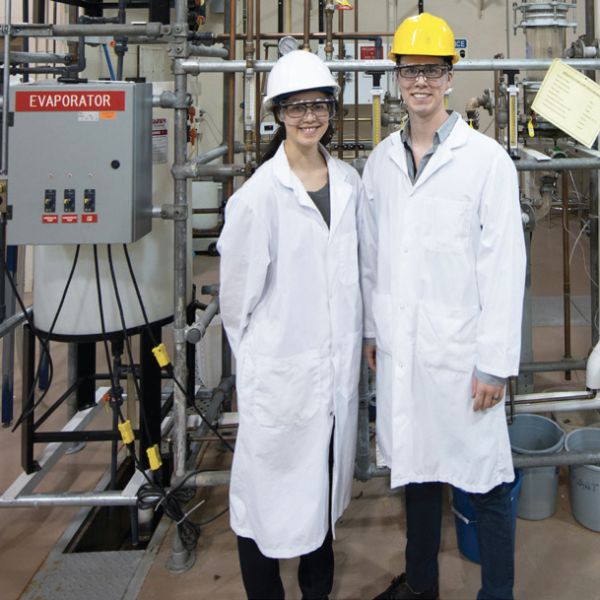
Biochemistry is the branch of science that explores the structures and chemical processes of molecules in living organisms that interact to form cells, tissues, and whole organisms. The Biochemistry program at Queen’s provides students with in-depth training in a wide range of important topics that are related to these processes, including the mechanisms of cancer progression, cellular communication, and the molecular and chemical basis of infection, inheritance, and disease. The program also offers opportunities for students to explore rapidly expanding fields in molecular genetics, metabolism of biomolecules, bioengineering, and regenerative medicine through hands-on training with professors in research labs.
The first two years of the program provides vital background preparation in Biology, Chemistry (organic, analytical, and physical), Molecular Biology, Math, and Statistical Analysis, to understand the molecules that make up all living things. In the upper years of the program, students receive in-depth exposure to all areas of Biochemistry and Molecular Biology, Cell Biology, including extensive hands-on laboratory experiences. The Biochemistry program has enough flexibility for students to take elective courses offered in other programs within the Faculty of Arts and Science, including the Life Sciences program, for which they are eligible.
Biology
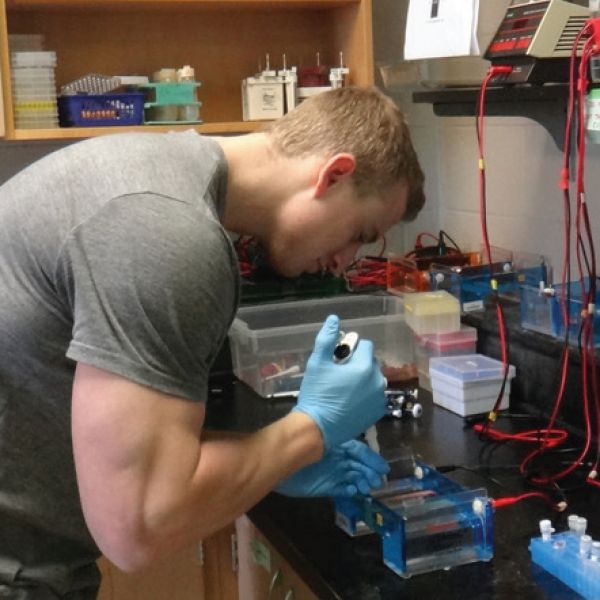
There is no end to the fascinating questions we can ask about how the natural world functions. From dissecting the molecular mechanisms at play in cells to understanding the complexity of interactions in the biosphere, the beauty and mystery of nature astounds. There has never been a more exciting time to study biology, with subjects ranging from climate change and the conservation of biodiversity to the origin and evolution of life, and from the form and function of organisms to the ongoing “omics” revolution at the molecular level. Regardless of your area of interest, there is something in biology for you -- questions waiting to be answered and riddles of nature to be solved.
Biology - Mathematics
![[illustration]](/artsci/sites/faswww/files/styles/alternate_teaser/public/img/program/biology-mathematics-ed.jpg?h=1595d102&itok=_2b125mF)
Understanding the evolution of drug resistant diseases draws upon knowledge of genetics, genomics, epidemiology, and population ecology and these are all areas of study steeped in both Biology and Mathematics. This example is just one of many that could be used to highlight the growing need for quantitative literacy in academics, medicine, and industry. The Biology and Mathematics SSP incorporates courses from both departments and combines them with specialized courses in “BioMath” to provide an exceptional learning experience in this emerging field.
Biology - Psychology

Humans and other animals have more in common than you might think. From neurological systems to patterns of behaviour, this four year Subject of Specialization Plan fuses core elements from Biology and Psychology and allows considerable opportunity for upper year specialization and independent study. With an emphasis on cross-disciplinary interaction and integration, the "BioPsych" SSP explores both commonalities and uniquely human features of brain, behaviour and cognition.
Biomedical Computing

Biomedical Informatics
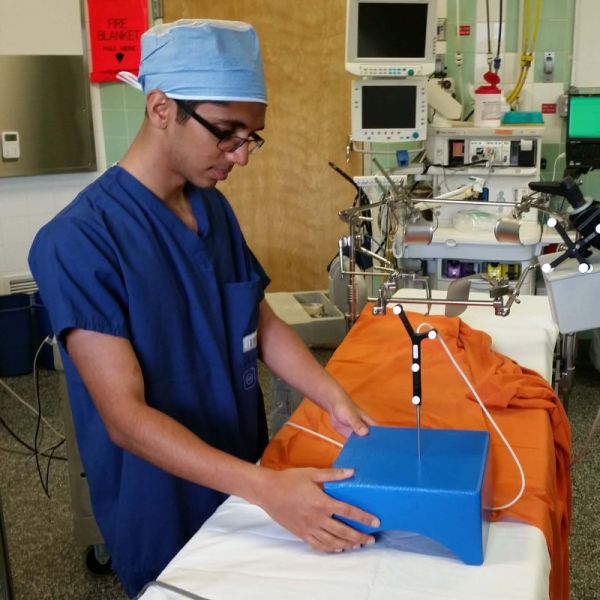
Transforming how health care is approached and delivered through big data is the goal of our two new professional programs: a graduate diploma and a master's in Biomedical Informatics.
Biotechnology
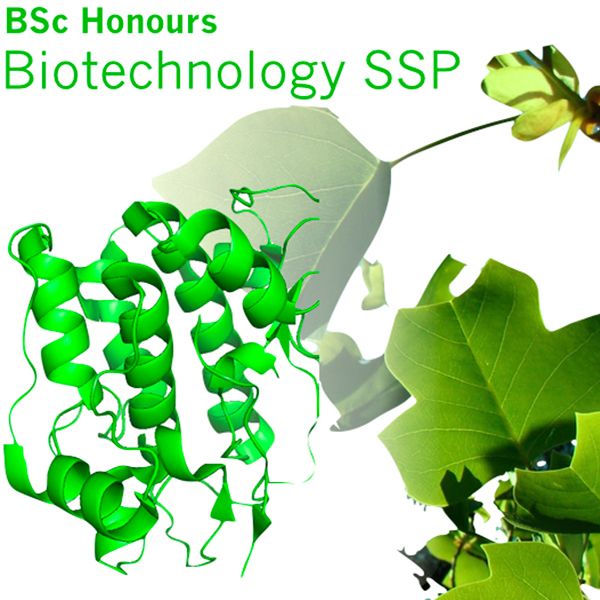
Chemistry
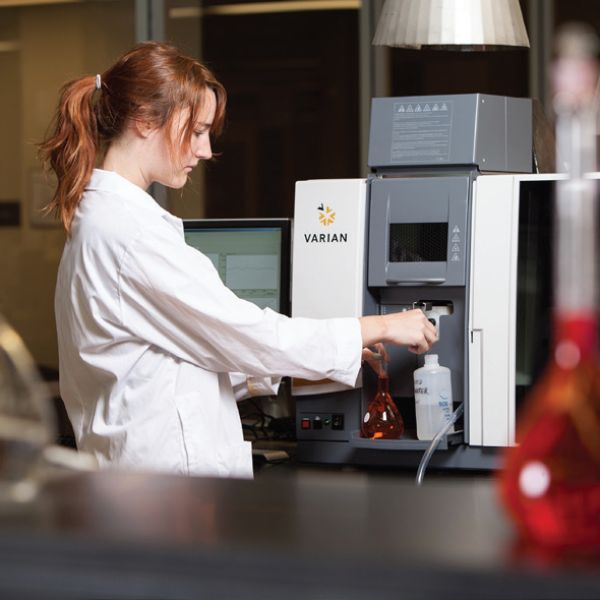
Chemistry explores the composition, structure, and transformation of matter. Frequently called the central science, it provides the basis for studies in many other disciplines, ranging from biology to materials science, in addition to being a booming discipline of its own. A degree from Queen’s Department of Chemistry is highly regarded and an important consideration in today’s competitive science and technology job market. Our $56 million state of the art building is home to the Nuclear Magnetic Resonance facility and its eight high-field instruments, an on-site Mass Spec facility with four mass spectrometers, an X-ray diffractometer, a CFI-funded facility for materials characterization, and more unique equipment in faculty labs.
Cognitive Science

Computing, Mathematics, and Analytics

Disability and Physical Activity

The Certificate in Disability and Physical Activity (DIPA) is offered through a collaboration between the School of Kinesiology and Health Studies and Revved Up , an adapted exercise program. The goal of the Revved Up program is to provide world-class, community-based exercise programming that fosters healthy living and quality of life among people living with mobility impairment, intellectual disability, and/or cancer.
For more information about certificate eligibility and how to apply, visit our webpage.
Earth and Energy Resources Leadership

Master of Earth and Energy Resources Leadership (MEERL) will distinguish you from your colleagues and give you a boost to get to the next stage of your career. This program is built for professionals in the natural resource industry who want to take on a leadership role or are currently in one. MEERL combines challenges related to the mineral and energy sectors into one program, allowing you to learn from parallel industries and fellow students.
Earth Systems Science

The Earth Systems Science Specialization pairs the applied multidisciplinary perspective of environmental studies with in-depth scientific training in physical geography. Students take a holistic view of the Earth and emphasize the interactions between land, water, and air to understand and address the impacts of environmental change.
Engineering and Applied Physics
In Queen’s collaborative graduate programs in engineering and applied physics, research is centred around themes that use basic science and physics to improve quality of life and to solve current or future problems facing people both in Canada and worldwide. This research spans areas of photonics, quantum information technology, medical physics, non-destructive evaluation, materials physics, electronic device physics and plasma physics.
Engineering Physics

Engineering physics combines the practical skills of engineering with the deep knowledge of a scientist, applying analytical and lateral thinking to modern engineering challenges. Courses in quantum mechanics, laser optics and nanotechnology will help prepare you for an engineering career at the leading edge of technology. You will acquire advanced problem-solving and instrumentation skills, and will be able to apply superior mathematical, analytical and abstract-thinking ability to modern engineering challenges.
Environmental Biology

The Environmental Biology specialization pairs the applied multidisciplinary perspective of environmental studies with in-depth scientific training in biology. Students draw on foundations in genetics, physiology, evolution, and ecology to address challenging topics like pollution, conservation, and climate change.
Environmental Chemistry

The Environmental Chemistry Specialization pairs the applied multidisciplinary perspective of environmental studies with in-depth scientific training in chemistry. Students draw on these foundations to understand the behaviour of chemicals in the environment and consider how chemicals and industrial processes can be improved to reduce their impact.
Environmental Geology

The Environmental Geology Specialization pairs the applied multidisciplinary perspective of environmental studies with in-depth training in geological sciences. Students learn about the processes and structures associated with the solid-earth, including geological resources and issues associated with their extraction.
Environmental Life Sciences

The Environmental Life Sciences Specialization pairs the multidisciplinary perspective of environmental studies with in-depth scientific training into how the human body works and how issues such as water quality, environmental contaminants, and infectious diseases, affect human health.
Environmental Science

Environmental Studies

The Earth’s environment is under stress, and the search for solutions is anything but simple. It requires an interdisciplinary approach to problem-solving and education. Our program emphasizes the diverse contributions of the natural sciences, humanities, and social sciences to understanding and solving environmental problems.
Environmental Toxicology

The Environmental Toxicology Specialization pairs the multidisciplinary perspective of environmental studies with in-depth scientific training on the adverse effects of pollutants and contaminants on living organisms and ecosystems.
GeoEngineering
Unique in North America, the GeoEngineering program is a collaboration between faculty members at Queen’s University and the Royal Military College (RMC). Drawn from three engineering departments at the two universities, the GeoEngineering Centre’s members are dedicated to advancing knowledge in geotechnical, geohydrological, geochemical, geohazards, and cold regions. The program links three accredited graduate programs to provide shared learning experiences with interdisciplinary content: Civil Engineering (Queen’s); Geological Sciences & Geological Engineering (Queen’s); and Civil Engineering (RMC). Through the development of collaborative research projects, with involvement of government and industrial partners, the GeoEngineering Centre provides exciting opportunities for graduate student researchers in specialized or multi-disciplinary fields of interest.
Geographic Information Science

Geographic Information Science (GISc) is the broad umbrella under which geospatial data is collected, processed and analyzed. The Queen’s University Department of Geography and Planning offers a Geographic Information Science Certificate (GISC) to enhance the skills of students not only in Geography and cognate disciplines, but across the gamut of concentrators in the university.
For more information about certificate eligibility and how to apply, visit our webpage.

